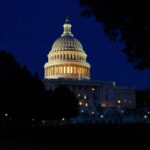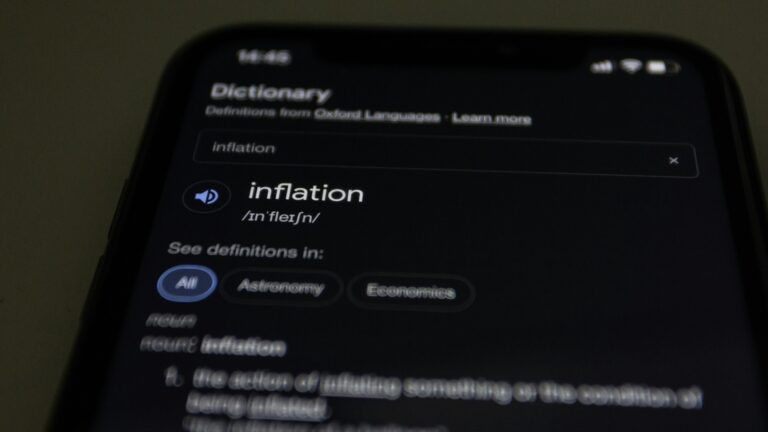Published: June 13, 2025

Disclaimer: This article is for informational purposes only and is based on research from publicly available academic, journalistic, and governmental sources. Always consult official or peer-reviewed material for expert analysis.
In an age dominated by digital communication and sociopolitical upheaval, conspiracy theories—particularly those emerging from the United States—have transcended national boundaries. These narratives, often unsubstantiated and emotionally charged, are finding fertile ground across the world, from Europe to Asia. This article explores the origins of these theories, their mechanisms of spread, and their societal implications worldwide.
What Is a Conspiracy Theory?
A conspiracy theory posits that a covert group is secretly manipulating events, often to the detriment of the general population. These theories usually lack verifiable evidence and are resistant to contrary facts. According to a research paper in Political Psychology, belief in conspiracy theories is frequently fueled by cognitive biases and emotional needs rather than rational analysis.
Section 1: Why the US Breeds Global Conspiracy Narratives
1.1 Historical and Cultural Context
The United States has long harbored a culture of skepticism toward authority. From the Watergate scandal to covert CIA operations, historical precedents have laid a foundation for mistrust. As Brookings Institution notes, public trust in government and media has steadily declined over decades.
1.2 Media Landscape and Institutional Trust
The US media environment is diverse but fragmented. While traditional outlets still exist, alternative and fringe platforms thrive—particularly on YouTube and X (formerly Twitter). This environment, coupled with political polarization, creates a breeding ground for misinformation.
Section 2: Common US-Origin Conspiracy Archetypes
2.1 Political and Government-Related Theories
- JFK Assassination: Claims of a CIA cover-up persist.
- 9/11 Truthers: Believe the government orchestrated or allowed the attacks.
- QAnon: A viral theory suggesting that a secret cabal of elites is involved in child trafficking and will be exposed by a messianic figure.
These theories deepen political divides and often incite real-world violence, as seen in the January 6 Capitol riots.
2.2 Health and Science-Related Theories
- Anti-vaccine Narratives: False claims linking vaccines to autism have led to global health consequences.
- Moon Landing Hoax: Some believe the 1969 landing was staged.
- Flat Earth Theory: Despite overwhelming scientific evidence, the belief persists.
Such narratives erode trust in scientific institutions and public health bodies. The World Health Organization (WHO) has warned about the dangers of health-related misinformation.
2.3 Secret Societies and Global Control
- Illuminati: Alleged secret elite group controlling global events.
- New World Order: Belief in a global authoritarian regime-in-waiting.
These offer simplified explanations for complex global challenges, often without credible evidence. The Council on Foreign Relations outlines how these myths have been recycled through decades.
Section 3: How They Spread Globally
3.1 Digital Platforms as Accelerators
Social media platforms like Facebook and Telegram allow theories to cross borders rapidly. Encrypted messaging apps shield conspiracy communities from scrutiny.
3.2 Echo Chambers and Algorithmic Reinforcement
Platforms promote content users already agree with, creating filter bubbles. This echo chamber effect is well documented in a Pew Research Center study.
3.3 Psychological and Emotional Triggers
- Cognitive Biases: Confirmation bias and proportionality bias distort perception.
- Emotional Appeal: These theories offer certainty, emotional connection, and a sense of belonging.
- Local Grievances: US-based narratives are adapted locally to match pre-existing societal tensions. QAnon cells have been found in Germany, and anti-vax rhetoric has influenced vaccine uptake in India.
Section 4: Global Impacts of US Conspiracies
4.1 Erosion of Trust
When people begin to question mainstream narratives, it can lead to widespread cynicism. This has been tracked in global trust indexes by Edelman.
4.2 Political Polarization and Radicalization
False narratives have spurred protests and violence across countries. Events like the Capitol riots serve as warnings of what can happen when misinformation fuels mass movements.
4.3 Public Health Risks
From COVID-19 vaccine rejection to unsafe home remedies, health misinformation causes real-world harm. The CDC has consistently refuted vaccine-autism links.
4.4 Undermining Democracy and Social Cohesion
Persistent mistrust weakens democratic engagement and creates fragmented societies. As noted by the Atlantic Council’s Digital Forensic Research Lab, conspiracies challenge institutional legitimacy.
Section 5: Solutions—How We Can Build Resilience
5.1 Media Literacy and Critical Thinking
Educational campaigns that teach people how to evaluate sources and spot misinformation are essential. Programs like News Literacy Project are pioneering this space.
5.2 Tech Platform Responsibility
Major companies like Meta and Google are investing in transparency and moderation tools.
5.3 Rebuilding Public Trust
Transparent governance, open communication, and community engagement are keys to restoring public faith. Governments and media must act with accountability to regain lost credibility.
Conclusion
From political protests to vaccine hesitancy, US-origin conspiracy theories are influencing public discourse across the globe. Enabled by digital tools and emotional triggers, their spread is fast and dangerous. Combating this phenomenon requires coordinated efforts—from education and platform accountability to renewed institutional trust. Only then can societies build resilience against misinformation and preserve democratic values.
Author Bio
Sandeep is a media analyst and freelance journalist specializing in global misinformation trends, with a focus on digital platforms and political communication. While not an academic researcher, his work is based on public data, expert commentary, and peer-reviewed sources.
Note: This article is not a substitute for academic research. Always verify claims through original and official sources.









